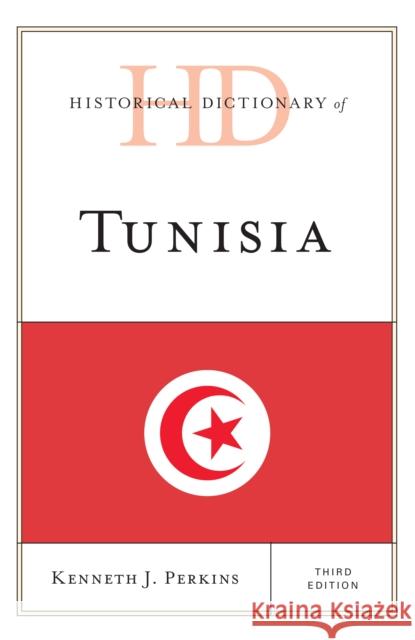Historical Dictionary of Tunisia » książka
Historical Dictionary of Tunisia
ISBN-13: 9781442273177 / Angielski / Twarda / 2016 / 436 str.
The demographically modest, but strategically significant, country of Tunisia has experienced profound and revolutionary change in the almost two decades since the publication of the previous edition of this volume (1997). Most dramatically, a populist uprising in 2011 ousted the entrenched dictatorship whose two heads had successively presided over the country since independence from France in 1956. As Tunisians celebrated this achievement, they inspired similar movements elsewhere in the Middle East and North Africa, giving rise to an "Arab Spring" that held out hope for the introduction of transformational innovations in democratic concepts and institutions across the region. Sadly, however, powerful forces of the status quo thwarted these efforts in country after country. But in Tunisia itself, a more hopeful scenario unfolded. In the fall of 2011, elections to a constituent assembly that international observers characterized as free and fair, gave the major Islamic party a plurality of the votes and set Tunisia on a course of participatory democracy. This third edition of Historical Dictionary of Tunisia contains a chronology, an introduction, an appendix, and an extensive bibliography. The dictionary section has over 300 cross-referenced entries on important personalities, politics, economy, foreign relations, religion, and culture. This book is an excellent access point for students, researchers, and anyone wanting to know more about Tunisia.











